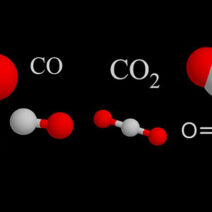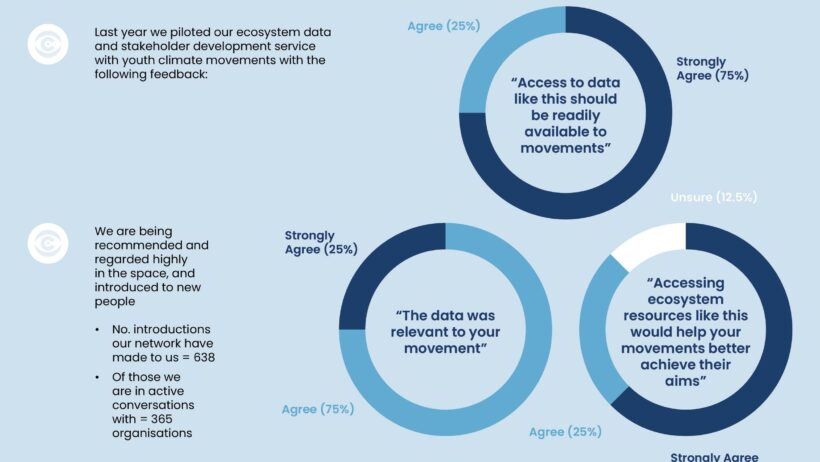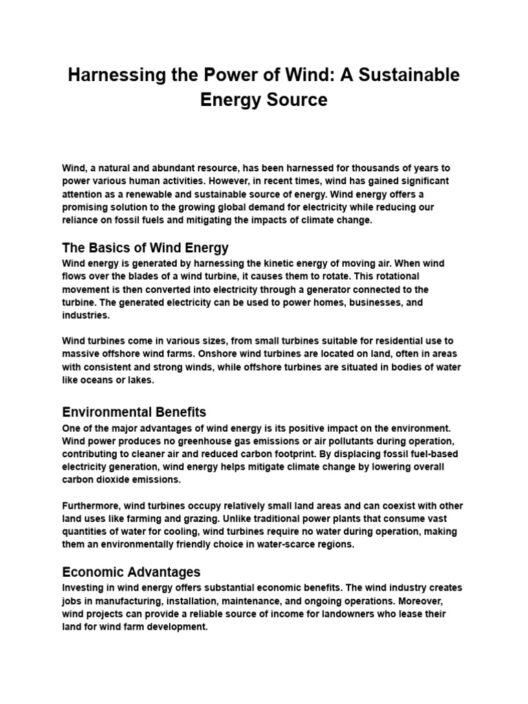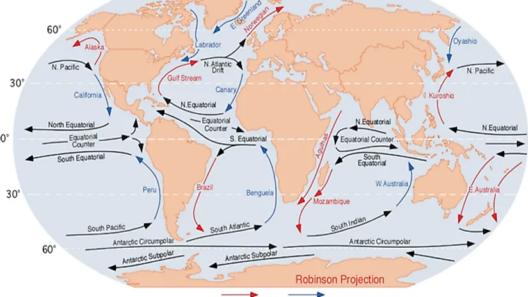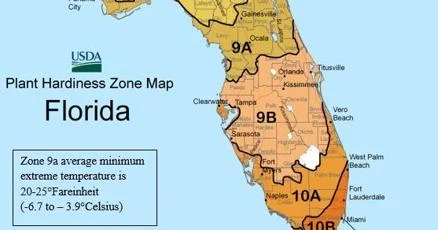The current climate situation as of 2025 presents a tapestry woven from threads of promise, peril, and the pressing need for action. As we navigate through the third decade of the 21st century, the intricacies of climate change and its multifaceted impacts become increasingly evident. This article endeavors to illuminate the state of our planet’s climate today, the strides we have made, the challenges we face, and the imperative actions required to foster a sustainable future.
Understanding the present climate dynamics requires a thorough evaluation of the progress made since the Paris Agreement and the ambitious targets set forth by nations worldwide. The duality of commitment and challenge encapsulates our contemporary climate narrative.
One of the most salient issues in our current climate landscape is the escalation of extreme weather events. The correlation between climate change and heightened frequency of storms, droughts, floods, and heatwaves is no longer theoretical. Scientists confirm that the atmosphere’s rising temperature, now estimated at approximately 1.5 degrees Celsius above pre-industrial levels, is fuelling these ferocious anomalies. As communities reel from the devastation – homes lost, crops ruined, lives altered – the dire necessity for resilient infrastructure and adaptive solutions takes center stage.
The ramifications of climate change extend beyond immediate environmental impacts, seeping into economic, health, and social disparities. Vulnerable populations, particularly in low-lying and marginalized regions, experience disproportionate effects. Herein lies a fundamental challenge: the need for a just transition that prioritizes equity and restores agency to those historically marginalized in climate discourse.
To address these exigent circumstances, the youth voice has emerged as a powerful catalyst for change. Across the globe, young climate activists are catalyzing dialogues and demanding accountability from leaders. Their fervent calls resonate through school strikes, social media campaigns, and engagements with policymakers. Their focus on long-term sustainability fosters a sense of urgency that demands immediate action, elucidating the intersectionality of climate justice and social equity.
However, the momentum gained through grassroots movements must coincide with substantial political will. Global leaders must shoulder the responsibility of enacting enforceable climate policies that align with scientific recommendations. The consensus among climate experts underscores the necessity of halving global greenhouse gas emissions by 2030 to stave off the most catastrophic consequences of climate change. The urgency for ambitious targets calls for transformative policy frameworks that not only adhere to these milestones but encourage innovation and technological advancements.
Furthermore, the discourse surrounding renewable energy continues to gain traction. By 2025, the renewable sector has seen unprecedented growth, fueled by the decreasing costs of solar and wind energy technologies. Many countries have initiated ambitious initiatives to transition away from fossil fuels toward greener alternatives, thus minimizing reliance on carbon-intensive resources. This transformation supports economic rejuvenation while also diminishing the carbon footprint on a significant scale.
Nonetheless, the shift to renewable energy needs to be coupled with energy efficiency measures and mitigation strategies. Energy demand, particularly in burgeoning economies, remains a significant hurdle. Efforts to embed sustainable practices in urban planning and transport systems will be critical in steering public infrastructure toward a greener future. Innovations in electric vehicles, green public transit, and smart city designs exemplify the potential for an integrated approach to climate responsiveness.
Ocean health remains a lesser-discussed yet equally vital component of the climate equation. Oceans absorb roughly a third of the carbon dioxide emitted, thus alleviating some burden from the atmosphere. Yet, this absorption leads to ocean acidification, impacting marine biodiversity and the livelihoods of millions who depend on healthy waters. Tackling overfishing, pollution, and habitat destruction becomes paramount in conserving marine ecosystems. Places of refuge, such as marine protected areas, require stronger protections against industrial encroachment and climate stressors.
Another pivotal aspect to consider is the role of carbon capture and storage (CCS) technology. As industries continue to grapple with reducing emissions, CCS presents a promising avenue to mitigate climate impacts. By capturing carbon before it reaches the atmosphere and utilizing it or storing it underground, CCS could be a game-changer. Challenges persist, however, regarding its scalability and economic viability. Nevertheless, innovation and investment in CCS will be essential in achieving net-zero goals.
Education and awareness play a fundamental role in shifting collective behavior regarding climate impact. As scientific literacy burgeons, communities become better equipped to advocate for sustainable practices and lifestyle choices. Initiatives that facilitate the integration of climate education into curricula foster environmental stewardship from a young age. Engaging stakeholders, from corporations to local governments, is essential for fostering resilience and fostering partnerships that elevate sustainability practices.
As we conclude this reflection on the current climate situation in 2025, it is evident that although challenges abound, opportunities for transformative change are within reach. The fusion of commitment, innovation, and justice will define our trajectory toward a sustainable future. Engaging all levels of society, from policymakers to grassroots advocates, will underpin the success of our collective climate endeavors. We stand at a precipice, with choices that can either lead us to a world of profound ecological stability or plunge us further into the quagmire of climate crisis. The time for decisive action is now – for ourselves, our planet, and generations yet unborn.
